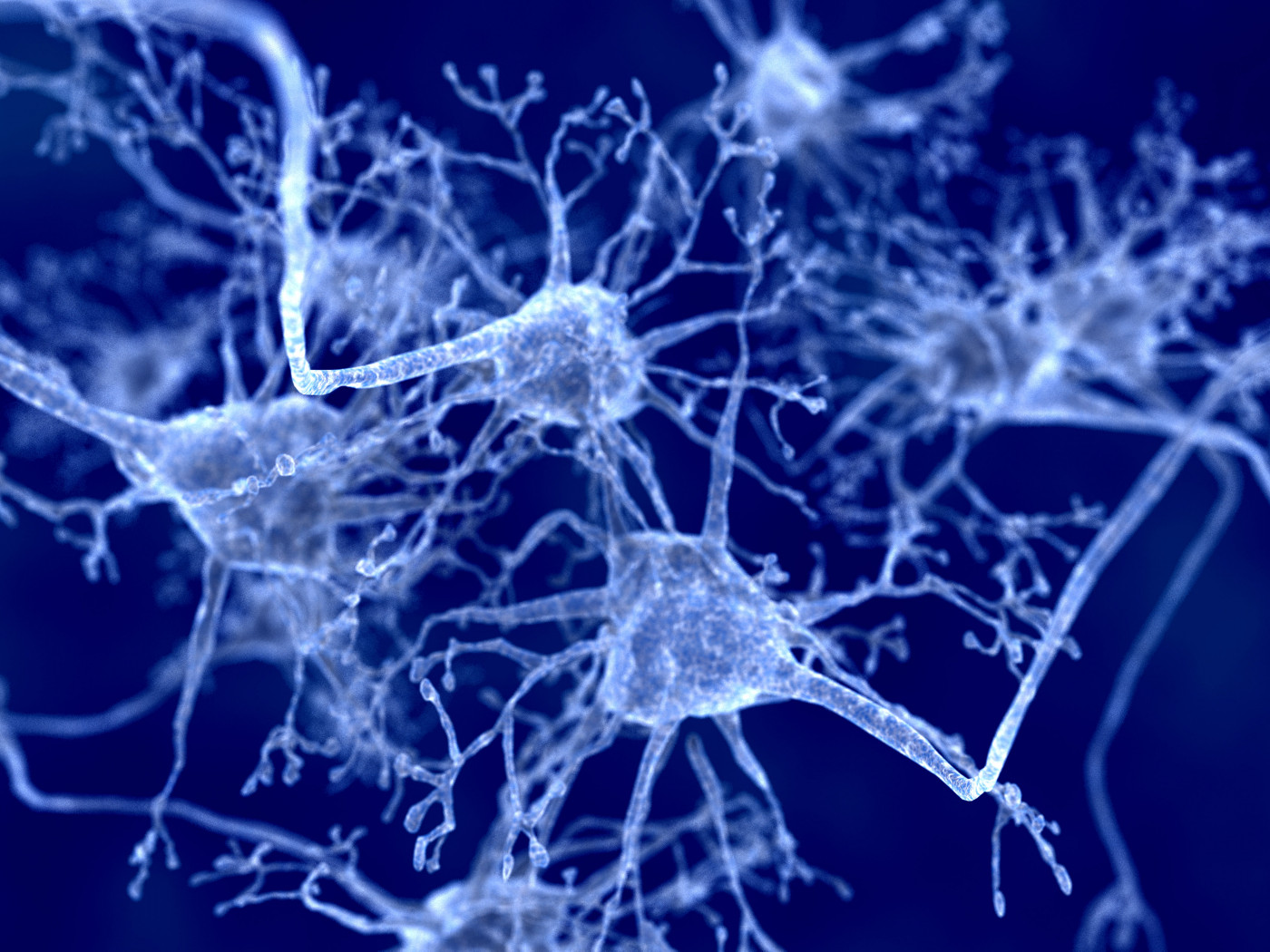Astrocytes in Brain Seen as Possible Trigger of Progressive MS via Processes of Metabolism
Written by |

Processes related to metabolism in brain cells known as astrocytes may be at the origin of multiple sclerosis (MS), particularly underlying the inflammation and damage to the nervous system seen in progressive disease, a study in mice found.
The study, supported in part by the National MS Society and the International Progressive MS Alliance, could open new ways of treating MS, especially its progressive forms, the National MS Society said in a news report.
An approved oral treatment for rare metabolic disorders like Gaucher disease, called miglustat, was seen by researchers to ease symptoms in mice with progressive MS.
These findings are described in the study “Metabolic Control of Astrocyte Pathogenic Activity via cPLA2-MAVS,” published in the journal Cell.
Metabolism — the processes involving the breaking down and building of new molecules inside cells — generates byproducts and other compounds that are able to change the way the immune system works, including by triggering inflammation.
Metabolic pathways are known to modulate the immune response in several diseases, including autoimmune disorders, cancer, and infections. This knowledge provides researchers with a way to tackle these conditions, namely by targeting specific metabolic processes.
Astrocytes are star-shaped cells present in the central nervous system (CNS; the brain and spinal cord), and are much more abundant than nerve cells (neurons). Research suggests they are five times more abundant than neurons in the CNS, in fact.
Astrocytes are essential to maintaining CNS health, protecting it from injuries, regulating the communication between neurons, and providing nerve cells with nutrients. But they can also be involved in reactions that do harm, such as inflammation and neurodegeneration.
Scientific evidence supports astrocytes being important contributors in MS development, particularly secondary progressive MS (SPMS).
In this study, researchers further explored the role played by astrocytes and their related metabolic pathways in MS.
Using a mouse model of MS, the team found that during the progressive phase of the disease, astrocytes in the brain switched on metabolic pathways that drove the production of lactosylceramide (LacCer).
In turn, LacCer production activated a specific protein found in the mitochondria (the energy powerhouses of cells) known as mitochondrial antiviral signaling protein (MAVS). This sparked a switch that activated several pro-inflammatory genes, triggering inflammation in the brain and spinal cord.
At the same time, astrocytes began to produce less lactate, and provided less of it to neurons. Lactate is important to keep the metabolism of cells running, and astrocytes release it to nurture these nerve cells.
On top of rising inflammation, the diminishment of lactate seemed to add to the neurotoxic activities of astrocytes and other CNS-resident cells, amplifying inflammation and neurodegeneration.
Researchers then tested what happened if LacCer production was blocked by treating mice with oral miglustat, a medicine used under the brand Zavesca (by Actelion; generic versions available) to treat type 1 Gaucher disease and Niemann-Pick disease type C, two rare metabolic disorders.
Miglustat given the mice before the onset of progressive MS effectively suppressed MAVS activation, and the downstream pro-inflammatory signaling of astrocytes. Of note, it clearly eased MS-related symptoms in the mice, prevented CNS inflammation, myelin loss, and nerve cell death — all key causes of MS.
This experiment was essential to support the idea that LacCer production triggered by astrocytes could be at the origin of progressive disease.
“Collectively, these findings define a novel immunometabolic mechanism that drives pro-inflammatory astrocyte activities, outlines a new role for MAVS in CNS inflammation, and identifies candidate targets for therapeutic intervention,” the researchers wrote.
Based on the mice experiments with miglustat, the team also suggested miglustat could be “a candidate drug for repurposing to treat secondary progressive MS.”
MAVS activation also happens in response to viruses, the researchers added, noting their findings could offer fresh insights into the ways in which certain viruses, which are considered possible triggers of MS, may contribute to the disease.


